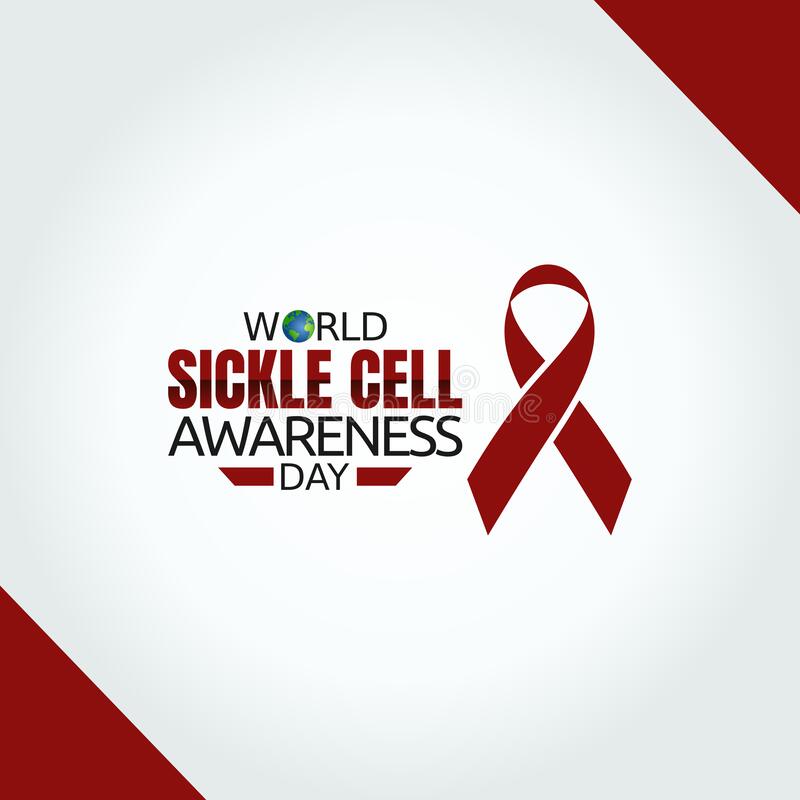By Dr. Mariam V. Lawal
The world is marking another World Sickle Cell Day on June 19, 2022. This day is specially dedicated to raising awareness of the disorder.
As a sickle cell warrior, I have become familiar with the yearly ritual of government making promises to better a lot of affected persons in Nigeria.
Know your diabetes status, FG urges Nigerians
Brain drain: Who is to blame for the mortal exodus of Nigerian doctors?
Although, Nigeria boasts of a National Sickle Cell Centre (NSCC) in Lagos, and six reference centres in the six geopolitical zones in the country, their impact is hardly felt by the over 4 million sickle cell warriors in the country. Some advocacy groups and non-governmental organisations have been lending hands to tackle the huge burden on affected persons. This year presents yet another opportunity for the government and other stakeholders to introduce measures to improve the quality of life of all sickle well warriors in the country.
Sickle cell disorder is the most common genetic disorder worldwide. It is caused by inheriting a mutant abnormal haemoglobin, known as haemoglobin S. Haemoglobin is the oxygen-carrying protein in the blood. At low oxygen concentrations, the red blood cells containing this abnormal haemoglobin assume a sickle or crescent shape. The crescent-shaped red blood cells, have a considerably shorter life span and are more fragile and stickly than the disc-shaped normal red blood cells. The broken-down cells get to clog and block tiny blood vessels, leading to pain, and sometimes, organ damage. This phenomenon is known as vaso-occlusion and the resulting pain is called vaso-occlusive crisis, or crisis for short.
Research has shown that the quality of life and survival of sickle cell warriors is markedly improved through access to quality healthcare. People living with sickle cell disorder are required to be on some medications for life. We also need to be managed in the hospital more frequently than the general population due to crises and follow-up visits. Care for sickle cell-related conditions and complications is highly capital intensive. Unfortunately, many affected persons in Nigeria are unable to access quality healthcare. Although we have a national health insurance scheme in place, many sickle cell warriors are not enrollees due to no fault of their own. Most sickle cell warriors depend solely on their earnings if they are gainfully employed, or on their families and friends for the needed funds. The sad reality is that some complications can cause sickle cell warriors to be off work, sometimes, for extended periods. Some are laid off by some employers due to this. Sickle cell warriors also carry the risk of developing some physical challenges occasioned by associated complications of the disorder. Some employers consider these as impediments to job performance to justify denying affected persons gainful employment.
The social stigma occasioned by the poor understanding of the sickle cell disorder by the average Nigerian also complicates the woeful lot of many sickle cell warriors. Even some healthcare personnel who are supposed to be better informed sometimes fall short in this regard. I have a few personal experiences of my own. Recently, a pregnant sickle cell warrior in crisis confessed to me that she preferred tending to her illnesses at home instead of seeking expert care in the hospital because of her bad experiences at the hands of personnel in the health facility she attends. There was no empathy from the staff and she was stigmatised by unfit comments directed at her genotype. Many warriors are unable to seek redress for the unprofessional conduct of some healthcare personnel for fear of being soft targets. These sharp practices equally repel some warriors from seeking care in hospitals and health centres even when they are in dire need of such. Some resort to self-medication and alternative treatments that sometimes produce grievous results.
The physical burdens of sickle cell disorder alone are multifarious. The challenges sickle cell warriors experience sometimes give birth to psychological and mental disorders, especially depression. Sickle cell warriors regularly need encouragement, to think positively and consider themselves worthy of accomplishments and fulfillment, irrespective of their physical and health challenges. This is what motivated me to put some of my life experiences into writing as an inspiration to warriors in my book, “Phases: Memoirs of a Sickle Cell Amazon”. Some other notable sickle cell comrades I know have done the same. This act of service to our troubled community should be continuously encouraged by all and sundry.
The role of the federal government in improving the current state of affairs cannot be over-emphasised. We need the government to re-strategize and fully equip the designated sickle cell centres in the country to carry out the functions they were created for. With the huge burden of sickle cell on individuals and families, it would be good if the government can introduce a free health welfare scheme to cater to sickle cell warriors, their medication, and healthcare. Government should create enabling laws to affect job security for affected persons. There is the need for regular orientation of the populace on how sickle cell is acquired and that it is also preventable by checking for genotype compatibility before marriage. More Nigerians also need continued education to address some of the myths associated with the condition and tackle stigmatisation of affected persons.
Dr. Lawal is a pharmacist, author, and sickle cell warrior, who writes from Ibadan

 Join Daily Trust WhatsApp Community For Quick Access To News and Happenings Around You.
Join Daily Trust WhatsApp Community For Quick Access To News and Happenings Around You.